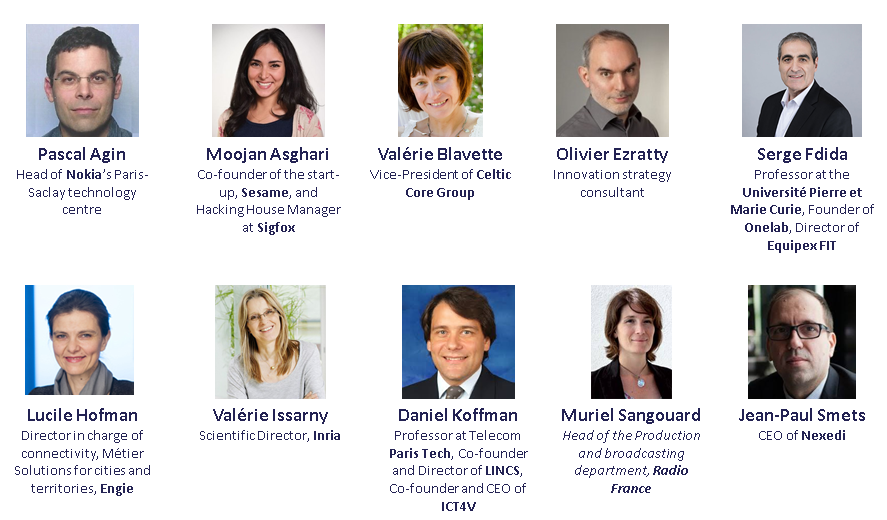In September 2018 Arcep began a new cycle of inquiry to anticipate how networks are likely to evolve over the next five to ten years. What shape might they take? What impact will they have on Arcep's job as regulator? The goal for Arcep is to prepare for upcoming challenges in regulating communications network, and to steer its actions accordingly.
To help conduct this new forward-looking exercise, Arcep surrounded itself with a Scientific Committee of 10 leading figures: academics, entrepreneurs and industry veterans covering a wide range of expertise. On 1 February, the first two working documents – devoted, respectively, to “connected cards” and “network virtualisation” –were presented to the Committee and published, the latter having been slightly revised in response to feedback.
Publication of two new documents on future networks
The Scientific Committee discussed new documents at its meeting on 17 June. As a result of which, two additional briefs are being published today:
Lightning fast speeds, low latency, indoor and outdoor coverage… what are smart regions’ core connectivity needs? How will this affect spectrum management, interoperability, telecoms networks’ resilience and sharing mechanisms? Looking beyond the technical aspects, what role might public authorities play in smart region network rollouts, and what form might their involvement take? Arcep’s brief provides a concise inventory of these issues and challenges.
Wi-Fi, 4G and soon 5G: mobile connectivity needs continue to grow, and demand for radio frequencies along with them. Planning for dynamic spectrum management marks a paradigm shift: one that enables more targeted and agile frequency use, greater efficiency and the ability to avoid certain parts of the spectrum from being under-used. In its brief, Arcep provides a summary of existing dynamic spectrum management solutions, how mature they are, and proposes avenues of exploration for managing certain bands, such as the high frequency bands.
As with the previous briefs, these works serve as progress reports on the inquiry to date, and thus do not reflect the Committee members’ or Arcep’s position.
A brief will also be published in the coming months on the environmental impact of networks, and of digital technology in general.
Call for contributions to help further this work
Arcep is inviting all interested parties to contribute to this reflection process by sending their feedback on these to documents to “reseaux-du-futur(@)arcep.fr”, which will help the Authority to further deepen its analysis. A final version of these documents will be published afterwards.
And additional briefs will come to flesh out this work later in the year.
"Future networks" Scientific Committee: 10 leading figures brought together by Arcep

